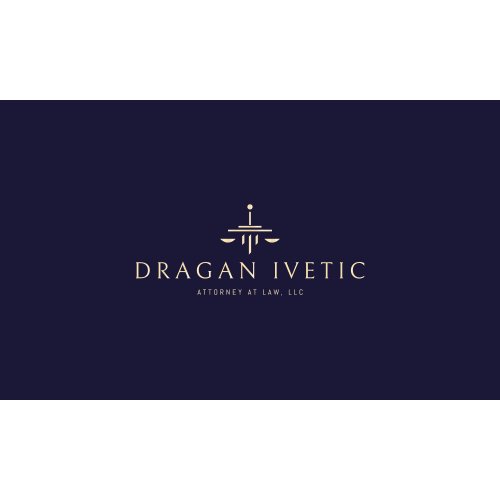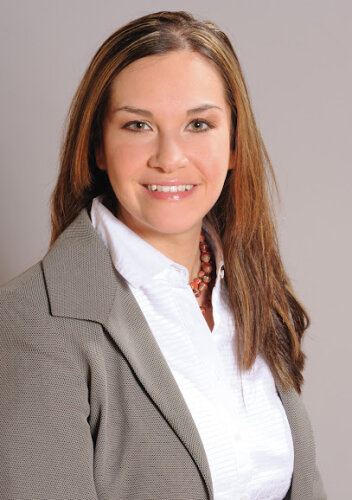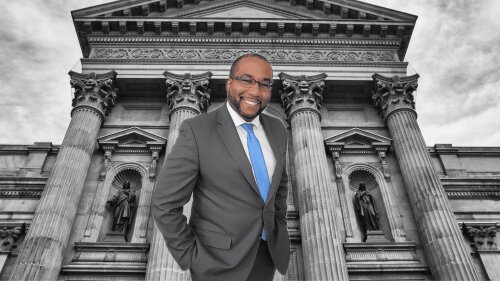Best White Collar Crime Lawyers in Chicago
Share your needs with us, get contacted by law firms.
Free. Takes 2 min.
List of the best lawyers in Chicago, United States
About White Collar Crime Law in Chicago, United States:
White collar crime refers to non-violent offenses typically committed by individuals or organizations for financial gain. In Chicago, United States, white collar crimes are taken seriously, and those found guilty can face severe penalties, including fines and imprisonment.
Why You May Need a Lawyer:
There are several situations where you may need a lawyer to help with white collar crime matters:
- If you are being investigated for a white collar crime, it is crucial to seek legal representation to protect your rights and navigate the legal process.
- If you have been charged with a white collar crime, an attorney can build a strong defense strategy and negotiate on your behalf.
- If you suspect fraudulent activities or have evidence of white collar crimes, consulting a lawyer can guide you on reporting the incident to the appropriate authorities.
Local Laws Overview:
White collar crimes are prosecuted under both state and federal laws in Chicago. Some key aspects of local laws relevant to white collar crime include:
- The Illinois Criminal Code defines various white collar crimes such as fraud, embezzlement, identity theft, money laundering, and bribery.
- Federal laws, such as the Racketeer Influenced and Corrupt Organizations (RICO) Act, are often applied to prosecute complex white collar crimes involving organized criminal enterprises.
- The Illinois Securities Law regulates fraud and misconduct in the securities industry, aiming to protect investors from fraudulent practices.
Frequently Asked Questions:
1. What are the potential penalties for white collar crimes in Chicago?
The penalties for white collar crimes vary depending on the specific offense and its severity. They can range from fines and probation to lengthy prison sentences, restitution, and asset forfeiture.
2. How can I defend myself against white collar crime charges?
An effective defense strategy depends on the circumstances of your case. A knowledgeable attorney can investigate the evidence, challenge its validity, negotiate with prosecutors, and present arguments to cast doubt on your involvement or intent.
3. Can I be charged with a federal offense for a white collar crime in Chicago?
Yes, certain white collar crimes can be prosecuted at the federal level if they involve activities that violate federal laws, occur across state lines, or have a significant impact on interstate commerce.
4. Should I cooperate with investigators if I am under investigation for a white collar crime?
It is generally advisable to consult with a lawyer before cooperating with investigators. An attorney can guide you on how to protect your rights while navigating the investigative process.
5. Are there any defenses specific to white collar crimes?
Yes, specific defenses can be used in white collar crime cases, such as lack of intent, lack of evidence, entrapment, duress, or mistaken identity. An experienced attorney can assess your case and determine the most appropriate defense strategy.
Additional Resources:
- Chicago Field Office of the Federal Bureau of Investigation (FBI): Website: www.fbi.gov/chicago; Phone: (312) 421-6700
- Illinois Attorney General's Office: Website: www.illinoisattorneygeneral.gov; Phone: (888) 414-7678
- Illinois Bar Association: Website: www.isba.org; Phone: (800) 252-8908
Next Steps:
If you require legal assistance in a white collar crime matter in Chicago, United States, the first step is to consult with an experienced attorney who specializes in white collar crime defense. They can assess your situation, provide guidance, and help you navigate the legal process effectively.
Lawzana helps you find the best lawyers and law firms in Chicago through a curated and pre-screened list of qualified legal professionals. Our platform offers rankings and detailed profiles of attorneys and law firms, allowing you to compare based on practice areas, including White Collar Crime, experience, and client feedback.
Each profile includes a description of the firm's areas of practice, client reviews, team members and partners, year of establishment, spoken languages, office locations, contact information, social media presence, and any published articles or resources. Most firms on our platform speak English and are experienced in both local and international legal matters.
Get a quote from top-rated law firms in Chicago, United States — quickly, securely, and without unnecessary hassle.
Disclaimer:
The information provided on this page is for general informational purposes only and does not constitute legal advice. While we strive to ensure the accuracy and relevance of the content, legal information may change over time, and interpretations of the law can vary. You should always consult with a qualified legal professional for advice specific to your situation.
We disclaim all liability for actions taken or not taken based on the content of this page. If you believe any information is incorrect or outdated, please contact us, and we will review and update it where appropriate.











